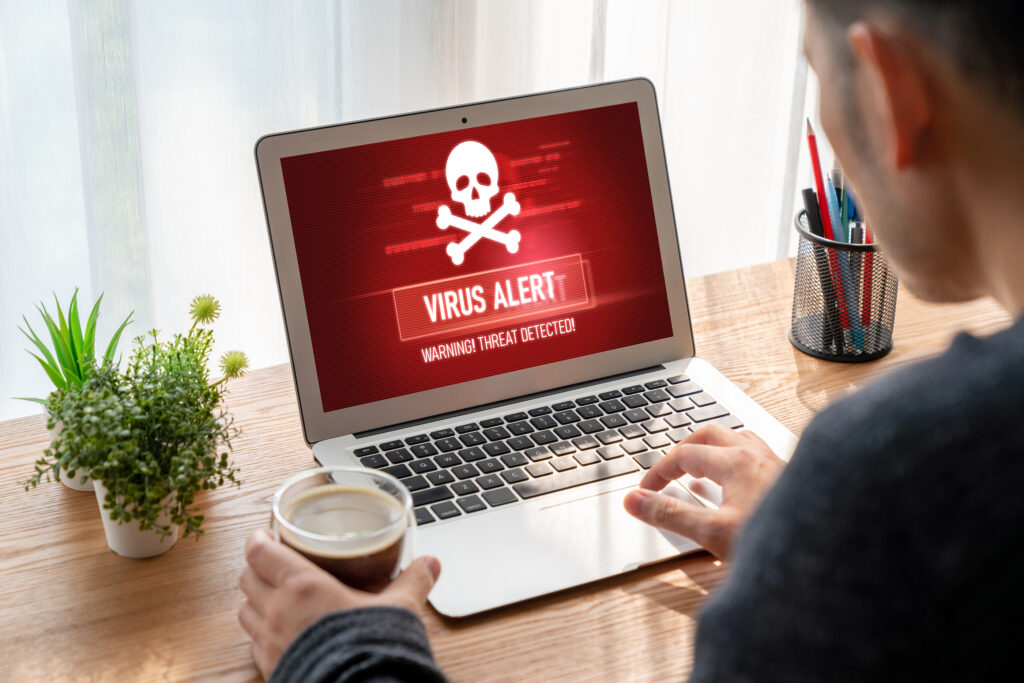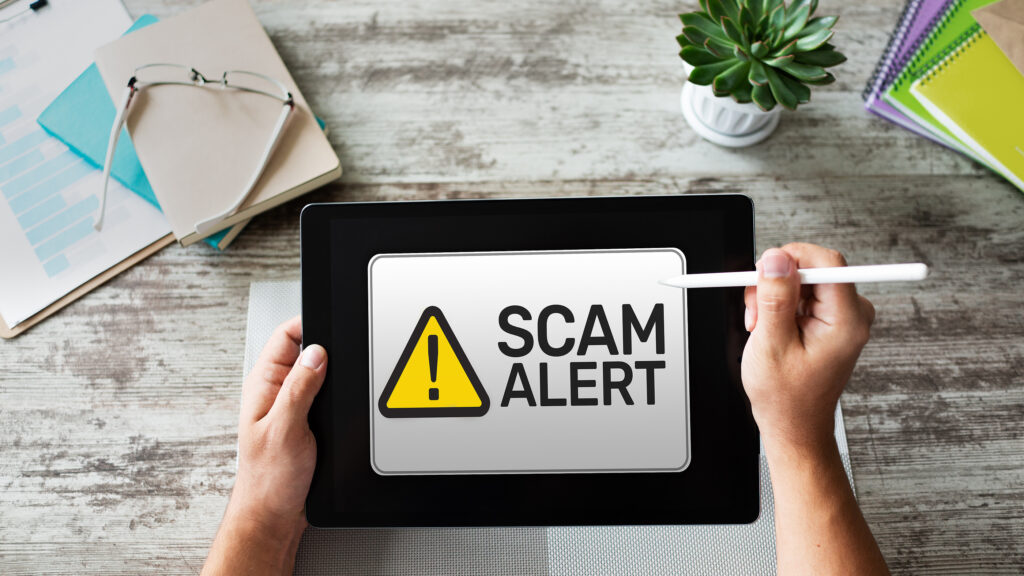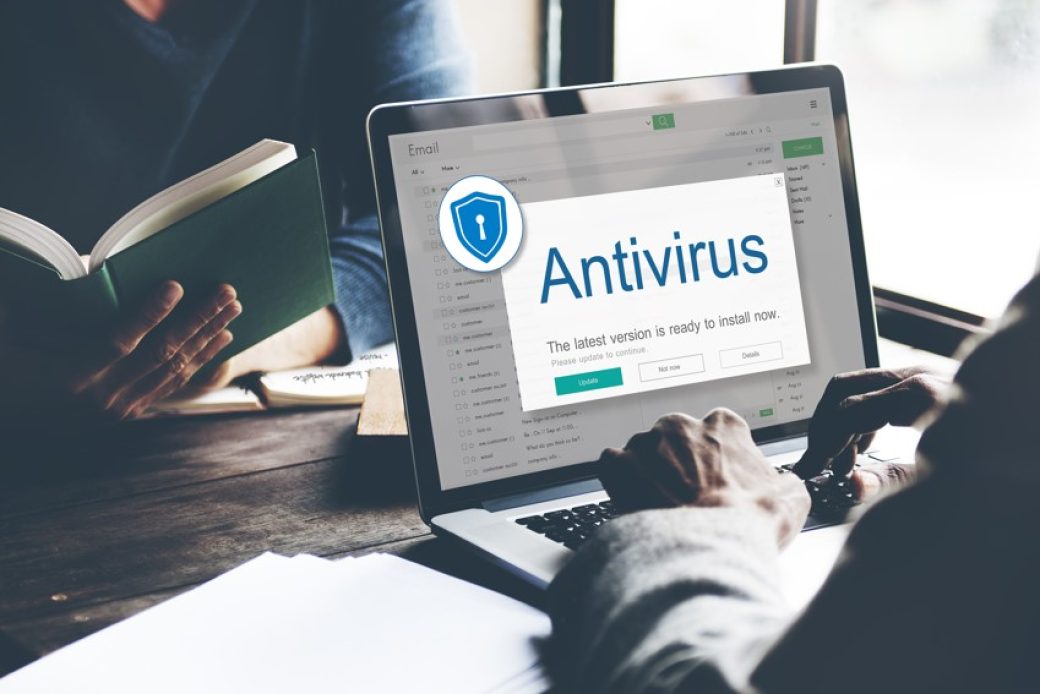Essential Tips for Protecting Your Devices from Viruses
In today’s interconnected world, where our personal and work lives often merge through digital devices, protecting them from viruses and malware is paramount. Here are practical tips to safeguard your personal and work devices against potential threats:

1. Install Antivirus Software
First and foremost, ensure that robust antivirus software is installed on all your devices. Choose reputable antivirus programs that offer real-time protection, automatic updates, and comprehensive scanning capabilities. Keep this software updated to defend against the latest threats.
2. Enable Firewall Protection
Activate the firewall on your devices to monitor and control incoming and outgoing network traffic. Firewalls act as a barrier between your device and potential threats from the internet, providing an additional layer of security against unauthorized access and malware.
3. Keep Operating Systems and Software Updated
Regularly update your device’s operating system and all installed software. Software updates often include patches for security vulnerabilities identified by developers. Enable automatic updates whenever possible to ensure you’re protected against newly discovered threats.
4. Exercise Caution with Email Attachments and Links
Be cautious when opening email attachments or clicking on links, especially if they are from unknown or suspicious sources. Phishing emails often disguise malicious attachments or links that can infect your device with viruses. Verify the sender’s authenticity before interacting with any email content.
5. Use Strong, Unique Passwords
Employ strong passwords for all your accounts and devices. Avoid using easily guessable passwords and consider using a passphrase or password manager to generate and store complex passwords securely. Enable two-factor authentication (2FA) whenever possible for an added layer of protection.
6. Backup Important Data Regularly
Regularly back up your important files and data to an external storage device or cloud service. In the event of a virus infection or other data loss incidents, having backups ensures you can restore your files without compromising productivity or personal information.
7. Educate Yourself and Stay Informed
Stay informed about the latest cybersecurity threats and best practices. Educate yourself and your team members on recognizing suspicious activities, phishing attempts, and other common tactics used by cybercriminals. Awareness is key to preventing virus infections and protecting sensitive information.
8. Use Secure Wi-Fi Connections
Avoid connecting to public Wi-Fi networks without proper security measures in place. Public Wi-Fi networks are often targeted by cybercriminals for data interception. Use a virtual private network (VPN) when accessing sensitive information over public Wi-Fi to encrypt your internet connection.

Protecting your personal and work devices from viruses requires proactive measures and a commitment to cybersecurity best practices. By installing antivirus software, enabling firewalls, keeping software updated, exercising caution with email attachments, using strong passwords, backing up data, staying informed, and using secure Wi-Fi connections, you can significantly reduce the risk of virus infections and ensure the security of your digital assets.
Implement these tips consistently to safeguard your devices and maintain a secure computing environment for both personal and professional use. By prioritizing cybersecurity, you can enjoy the benefits of technology without compromising your data or productivity.
Contact us Today at +254 724740527 to learn more about how our weekly digital marketing newsletter can help your business succeed.
You Can Also Reach Us Via Our Email Address: mansoor@goplacesonline.com
Business Feature
Follow us on:







